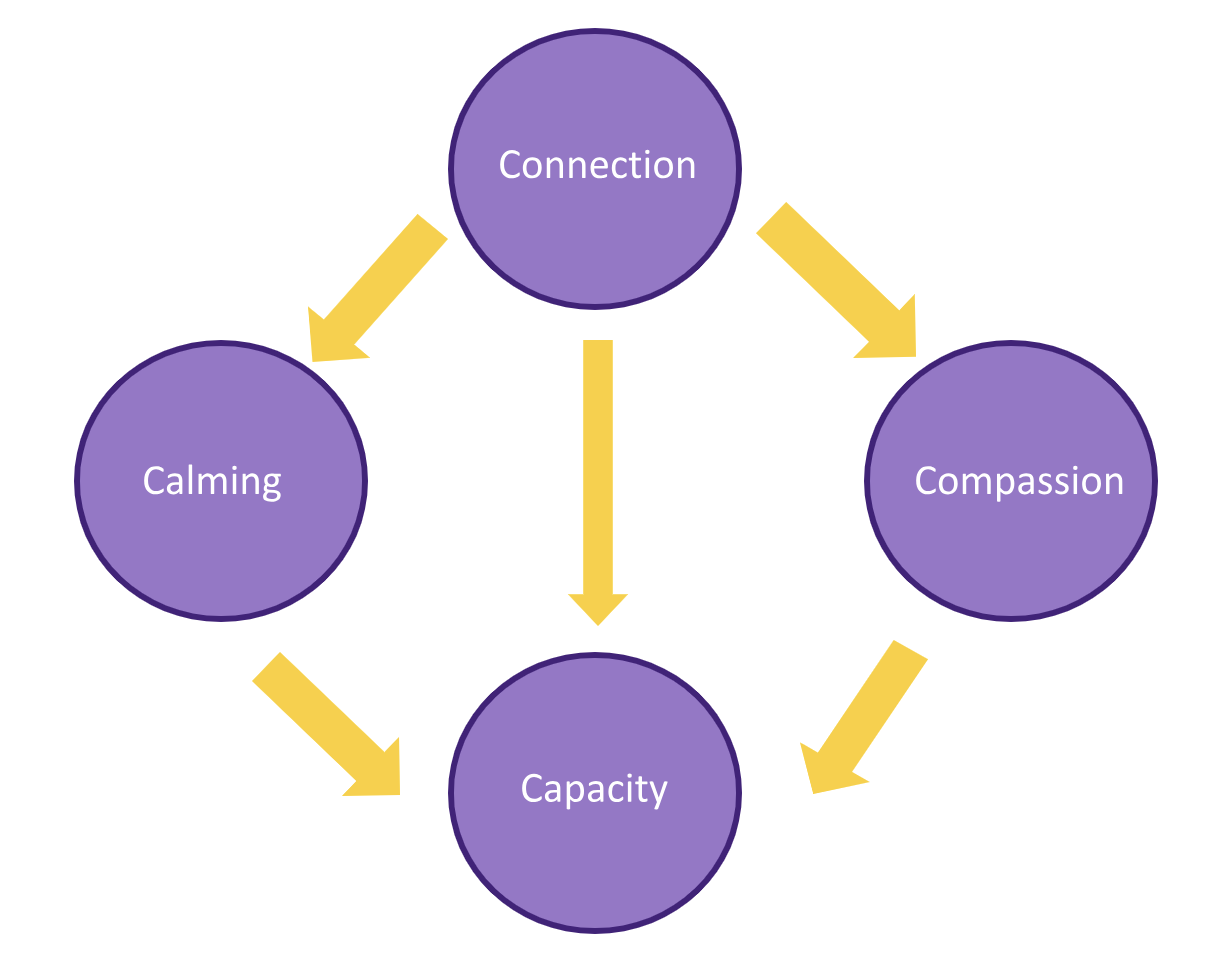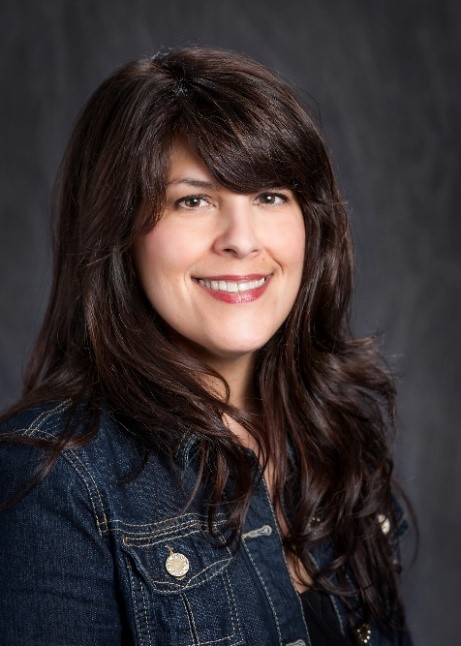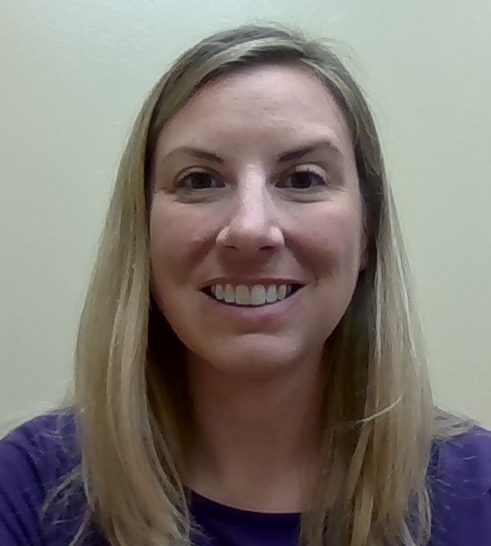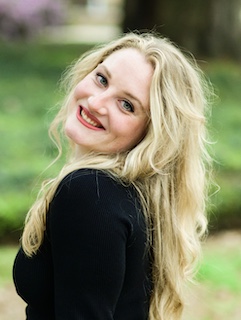Self-Regulation in Young Children
Graciously funded by Diane Toups Goyette
Self-regulation skills are important for young children as they help children in managing their emotions and actions. Teachers can play an important role in helping children develop self-regulation. Previous research has demonstrated that connection, calming, and compassion can support children in developing self-regulation skills. The proposed research study seeks to measure teacher’s use of these self-regulation skills in their interactions with young children in their classroom, both during the course of the school day via video recordings. The intervention will consist of targeted training teachers on specific strategies focused on connection, calming, and compassion to determine if increasing the teachers’ use of these self-regulation skills will impact the children’s use of these skills. A single case multiple baseline across classrooms will be used to measure the effects of the three C’s intervention on both teacher and child behaviors.
The Cs to Foster Self-Regulation and Resilience
Connection: Talking/interacting with a child individually while in proximity (i.e., within arms reach) and while making eye contact.
For example: while in a whole group, talking one-on-one to an individual child. NOTE: this does not include talking to the child from across the room.
Calming: Teacher calls attention to their own frustration or the apparent frustration of another child, then engages in self-talk while modeling a calming strategy.
For example: The teacher drops a stack of cups that scatter all over the floor. She says “Oh, no. I dropped all those cups. I am so frustrated. I’m going to take a deep breath then pick them all up.”
Compassion: Teacher verbally calls attention to the apparent upsetting situation of a child, then names the feeling they think the child feels (confirming), and then helps them solve the problem.
For example: A child seems to miss mom. Verbally call attention to child’s behavior (It looks like you are sad and missing your mom), then confirm (Is that right?). Provide a compassion by offering a hug and suggest an activity (Would you like to make mom a drawing?)

Figure 1: The 4Cs model begins with the teacher’s connection to the child. The modeling of calming and compassion are built upon from the foundation of connection. These components lead to the child’s increased capacity to manage emotionally stressful situations.Figure 1
Click Here to View NAEYC PLI 2022 Presentation
Meet the Research Team
|
As owner of Early Childhood Specialties (ECS), Diane helps early childhood educators thrive by providing conference keynotes & breakout sessions, child care training & consulting, and children's presentation & products. Our exclusive "eepworm" books and toys provide comfort to young children, especially those with mental health special needs including autism (ASD), ADHD and sensory processing disorder (SPD). As a child development specialist and the parent of a child with mental health special needs, she is especially passionate about social-emotional development. Diane shares the knowledge and skills that she wishes she had known to support her own child when she was young. As a supporter of early childhood education, Diane and her husband Henry dedicated $5 million dollars to the LSU Early Childhood Education Institute to fund needed research projects in the birth-3 realm. |
|
|
Cynthia DiCarlo, PhD Lead Researcher |
Cynthia Fontcuberta DiCarlo, PhD, Diane Toups Goyette Professor in Early Childhood Education, is the Executive Director of the Early Childhood Education Institute at Louisiana State University, which serves as a hub for researchers focusing on young children, birth to age 3. DiCarlo is also Coordinator of the Early Childhood Education Teacher Education Program and oversees the Early Childhood Education Laboratory Preschool, a research and model demonstration site. DiCarlo's research focuses on interventions to improve outcomes for young children and clarification and innovations in recommended practices in early childhood. Prior to joining LSU in 2004, she was a Clinical Assistant Professor at LSU Health Sciences Center (New Orleans). DiCarlo has been recognized for her research, teaching and service. She has incorporated her passion for research into the courses she teaches and her work in mentoring undergraduate and graduate students. . She currently serves on the editorial boards for Infants & Young Children, the Journal of Teacher Action Research, and Beyond Behavior. |
|
Melanie Sandahl, MEd Diane Toups Goyette Graduate Assistant |
Melanie was born and raised in Baton Rouge and attended Louisiana State University where she obtained her Bachelor of Science in Elementary Education. She then earned her Masters of Education through Southeastern Louisiana University in Special Education. Melanie worked as an Early Interventionist for over a decade in public and private schools in Louisiana. She currently lives in New Orleans and is working on her PhD in Early Childhood Curriculum & Instruction. Melanie is also a graduate assistant in the Early Childhood Education Doctorate Program at LSU and is the Diane Toups Goyette Graduate Assistant. Melanie is passionate about educating our youngest learners and is interested in the social and emotional skills young children need to succeed. |
|
Kelsi Landry, BS Undergraduate Researcher |
Kelsi is a recent graduate from LSU’s College of Humanities and Social Sciences with a degree in Psychology. During her time as an undergraduate, she studied child psychology, clinical psychology, psychological counseling, physiological psychology and neuropharmacology, and developmental psychology. Kelsi is most passionate about early development, children’s mental health, and abnormal and forensic psychology. She has worked at a local daycare and in LSU’s Student Mental Health Services, and currently also works at Companion Animal Alliance as their offsite events coordinator. Kelsi plans to attend a master’s program for Mental Health Counseling to become a Licensed Professional Counselor in the future. |


